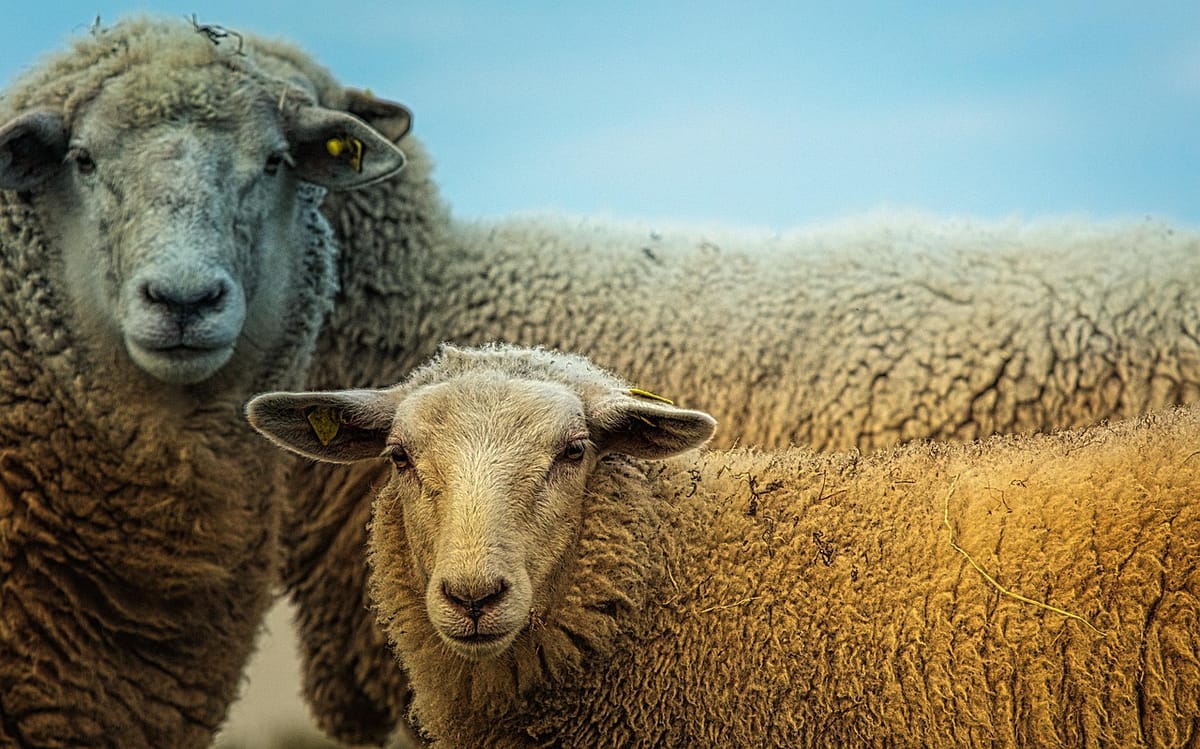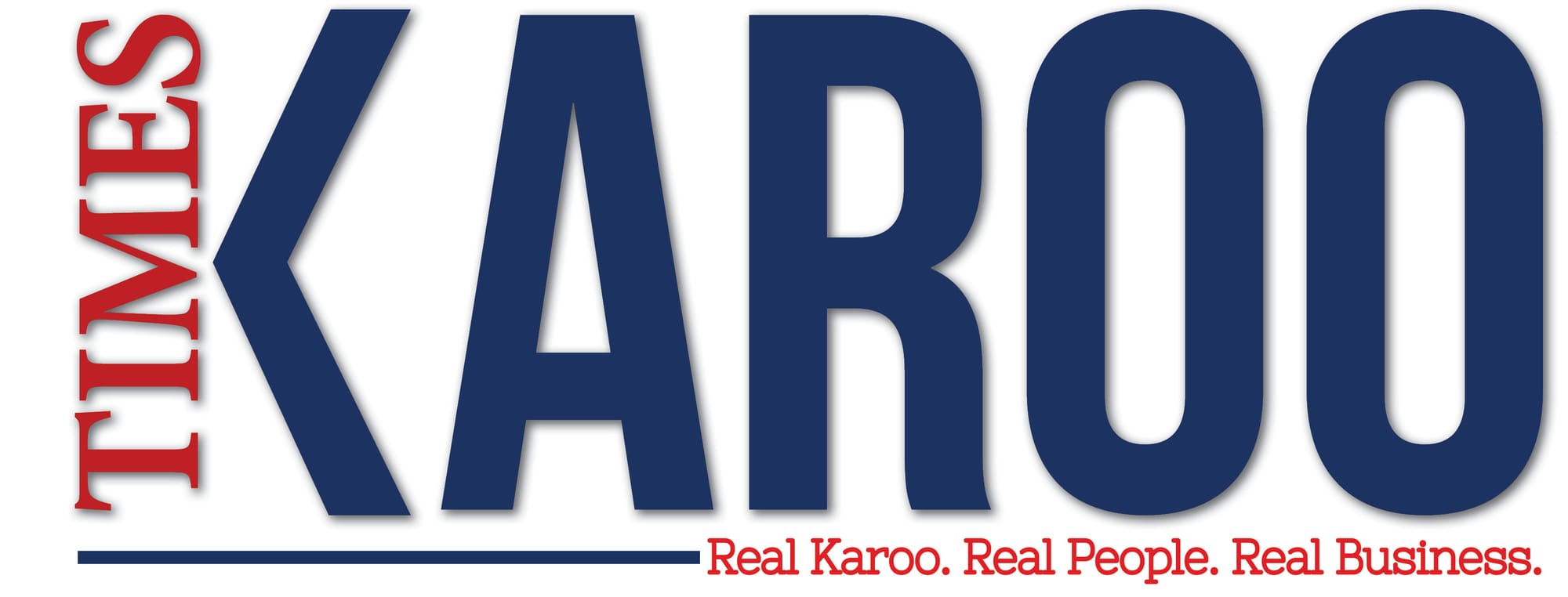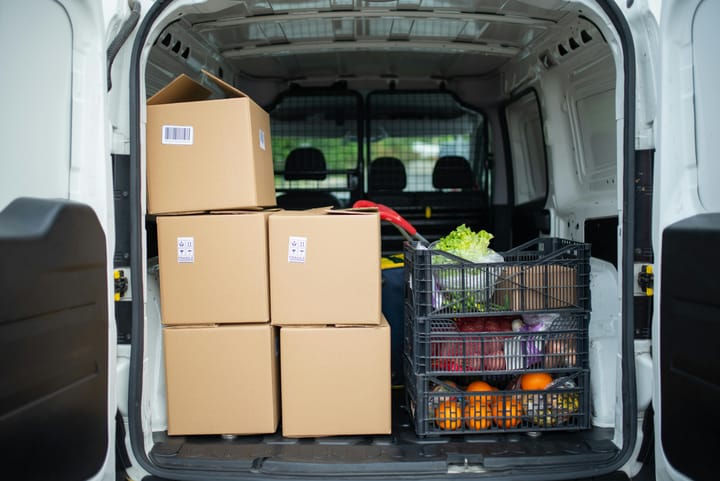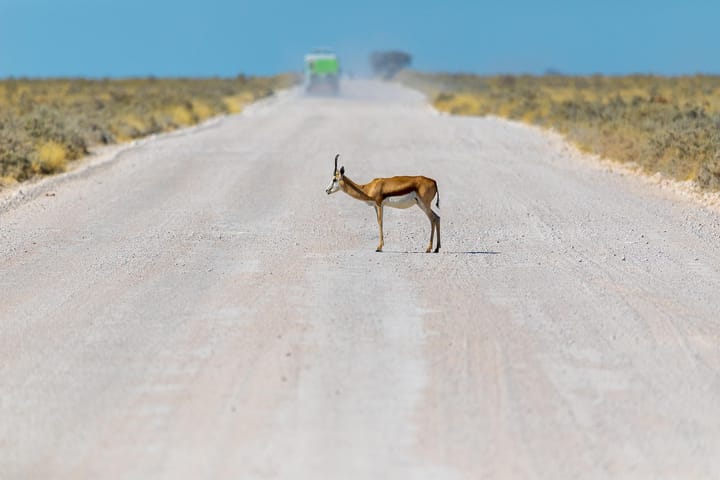South Africa’s growing trade ties with Asia and the Middle East could boost Karoo farmers
Trade expansion into Asia and the Middle East offers Karoo farmers avenues for growth through premium wool and lamb exports.

South Africa’s agricultural exports reached US $3.36 billion in the first quarter of 2025 (a 10 % increase year‑on‑year) driven by products like grapes, maize, apples, pears, wool, lamb and beef.
Asia and the Middle East together accounted for 16 % of these exports, making them the third-largest market after Africa and the EU.
Karoo producers tap into rising demand
Karoo sheep farmers benefit from this broadened trade. As exports to Asia and the Middle East grow, so do opportunities for Karoo wool and lamb. These regions import South African wool and lamb products that rely on strong trade connections and efficient logistics for competitiveness.
Asia and Middle East markets are expanding
Agbiz data show Asia and the Middle East as crucial markets: 16 % of Q1 export value came from there, including wool and lamb.
Meanwhile, Agbiz chief economist Wandile Sihlobo notes the Middle East is expanding into South African markets, especially for citrus, beef, sheep and goat meat.
Even though South Africa’s share is currently small at around 1–2 % in countries like Saudi Arabia and the UAE, there is potential for growth as infrastructure, marketing and phytosanitary standards improve.
Improved logistics underpin export growth
Karoo farmers rely on shipping and cold‑chain logistics to deliver wool bales and chilled lamb to global markets.
Agbiz confirms that Q1 saw “less friction” at ports, attributed to investments in port and rail infrastructure. This includes increased reefer (cold‑storage) capacity at Cape Town and Gqeberha, benefitting perishable meat shipments and edging up quality standards for wool transport.
Premium positioning and brand leverage
Karoo lamb’s protected geographical indication status adds to its prestige in international markets.
Coupled with improved logistics, farmers can better maintain cold‑chain integrity from farm to port. Exporters are also emphasising sustainable and traceable practices such as rotational grazing and animal welfare to appeal to premium buyers in Asia and the Middle East.
Economic uplift and rural resilience
Stronger trade links bring tangible gains to rural Karoo towns. Export growth stimulates demand for processing, transport, and farming services.
AIMS‑Press research on live sheep exports shows that increased export demand raises domestic prices, benefiting income - even if some value‑addition occurs post‑export. Better market access and increased income also support resilient rural livelihoods across the Karoo.
Why get more involved in those markets?
Analysts including Sihlobo argue for a formal South Africa–Middle East agricultural trade strategy to tap investment and reduce transaction costs. Such a strategy would improve infrastructure in peripheral areas, including parts of the Karoo, opening further export potential and improving farmers’ market reach.
Trade expansion into Asia and the Middle East offers Karoo farmers avenues for growth through premium wool and lamb exports. Continued port efficiency is critical, but energy challenges like load‑shedding pose risks to cold‑chain integrity.
Rural road and rail improvements are also needed to support consistent export journeys from farm to market.
Karoo farmers stand to gain from strengthened trade ties with Asia and the Middle East. While the current market share remains modest, rising demand paired with better logistics, premium product positioning, and supportive trade strategies can help these producers deepen their global footprint, sustain rural economies, and reinforce centuries‑old farming traditions.





Comments ()